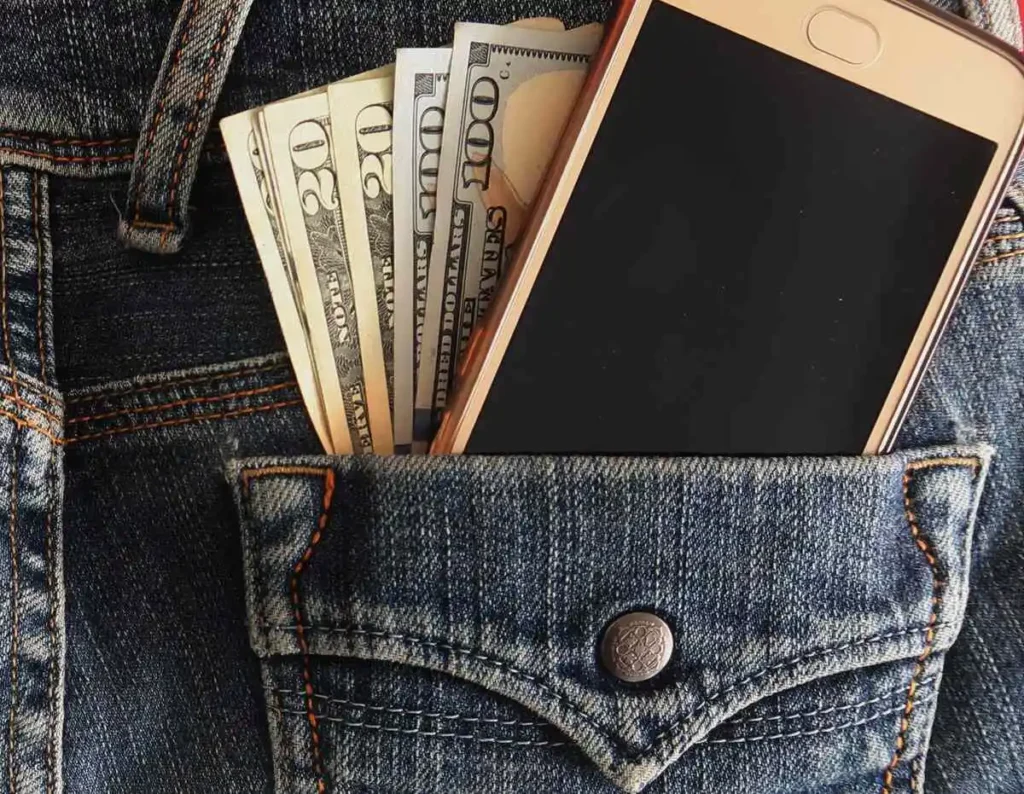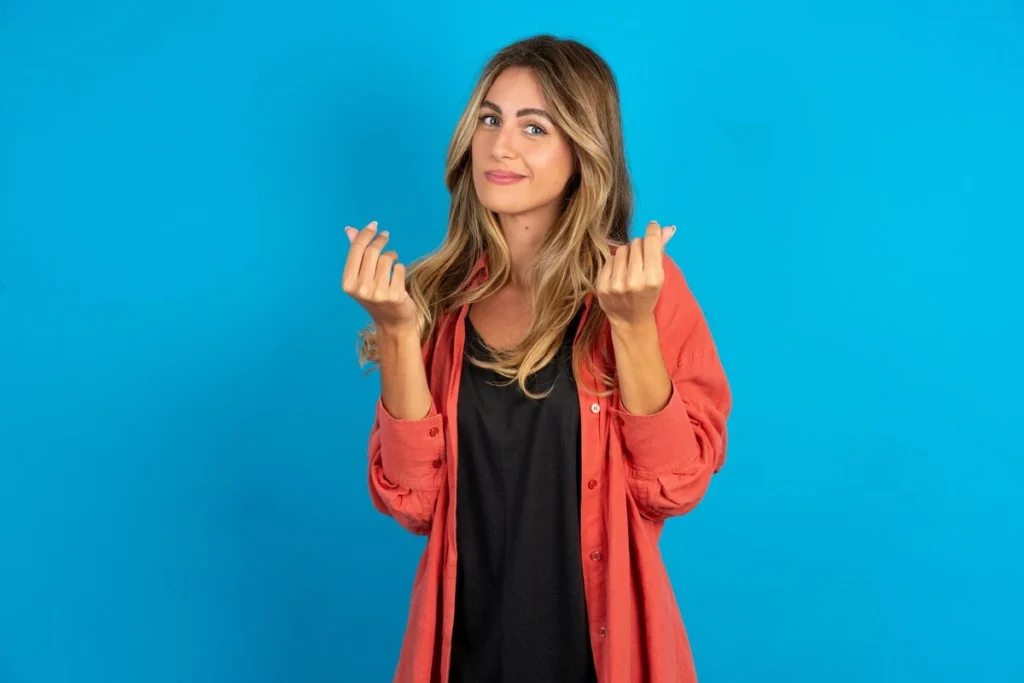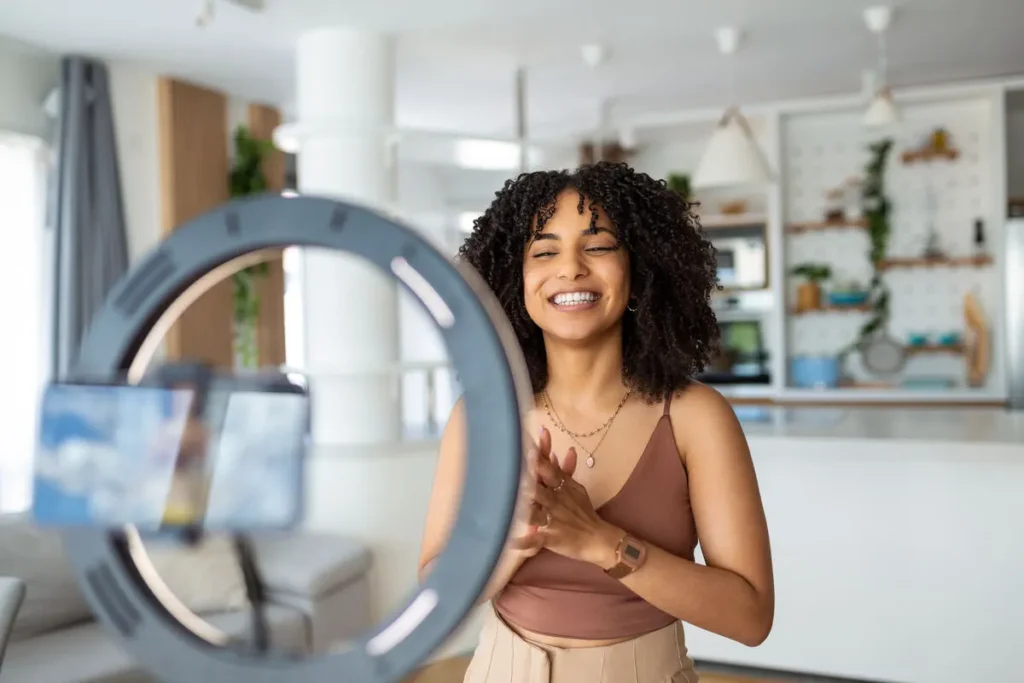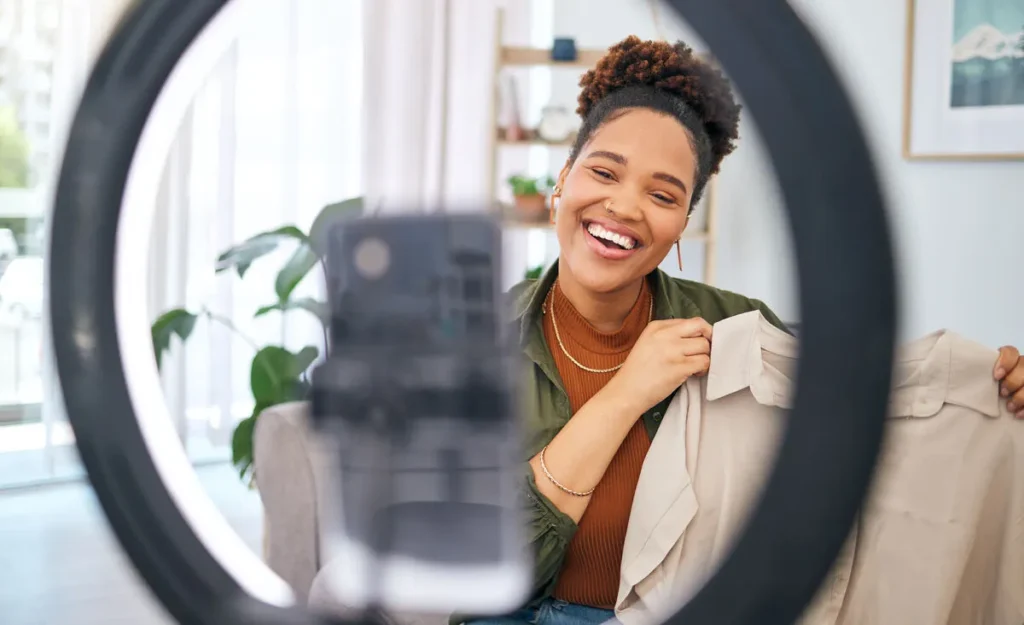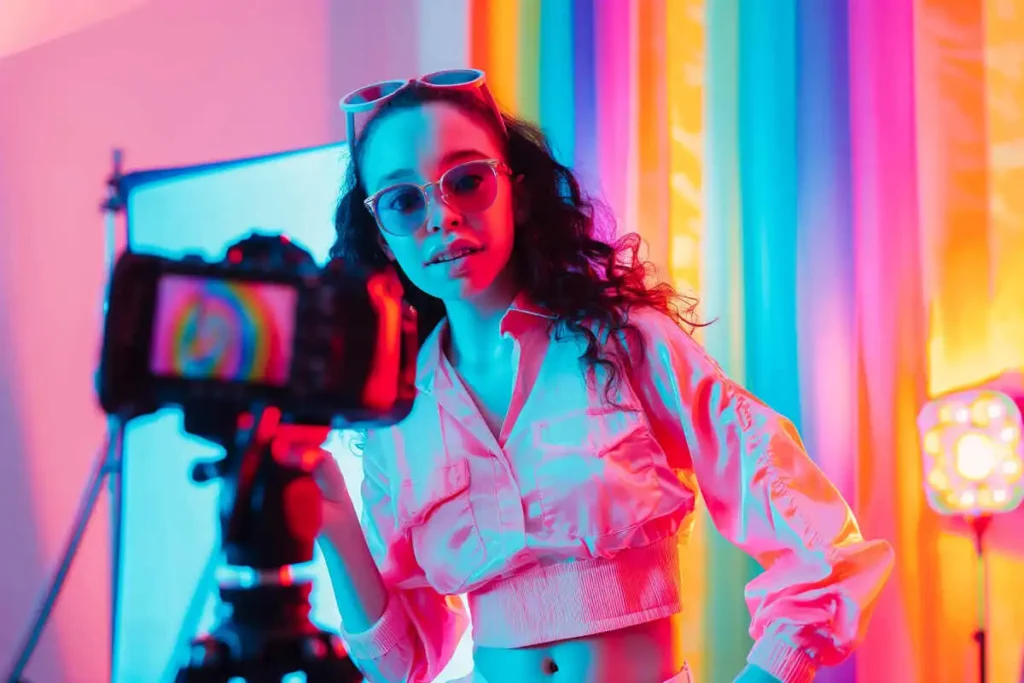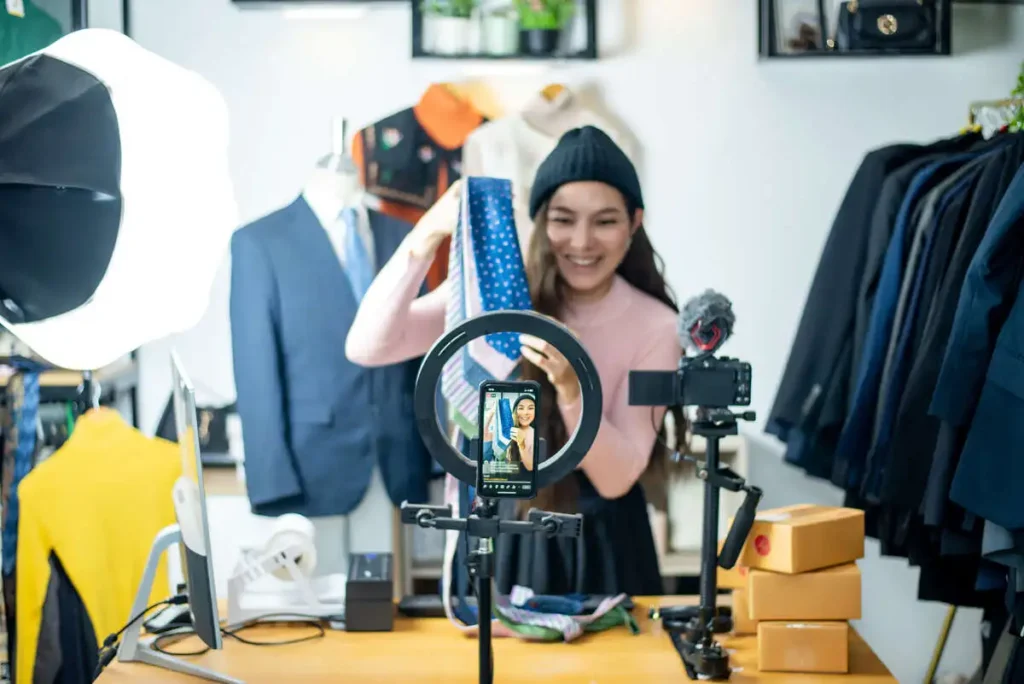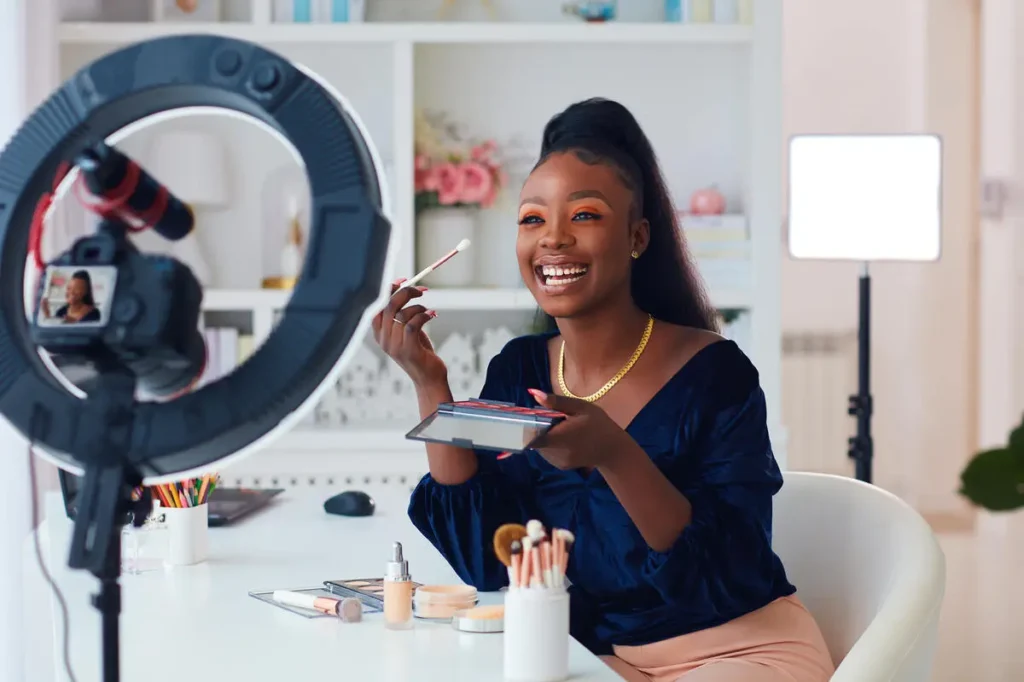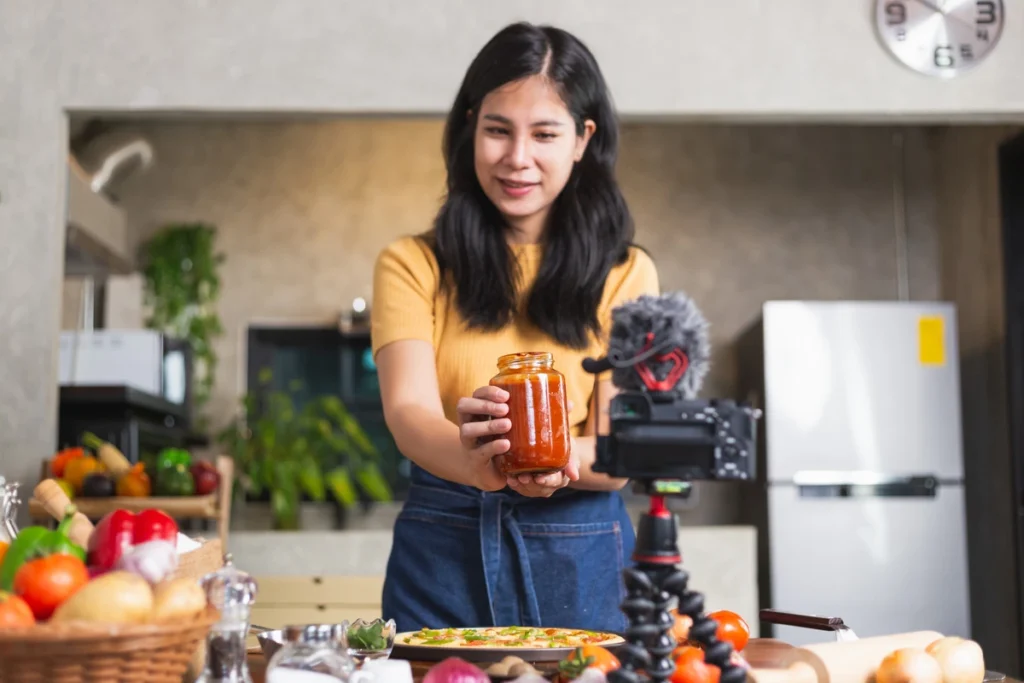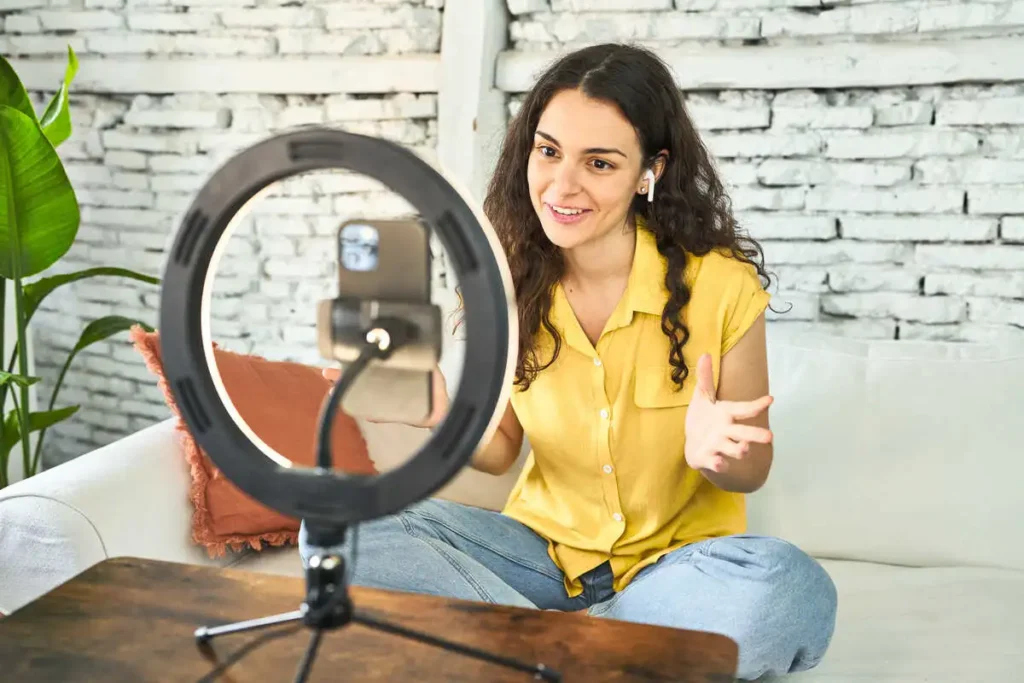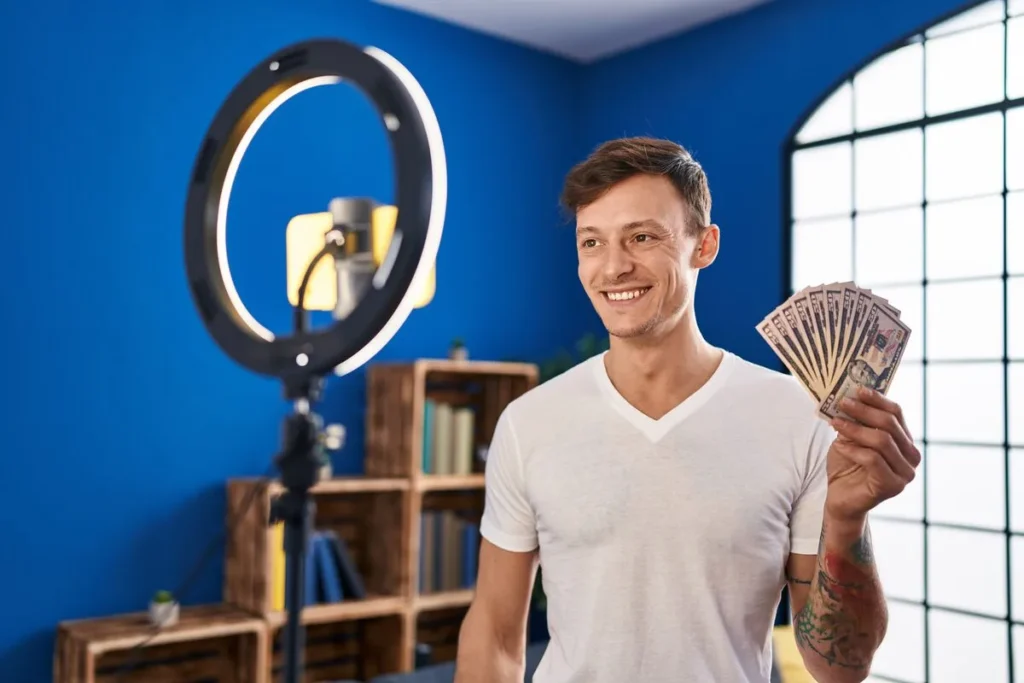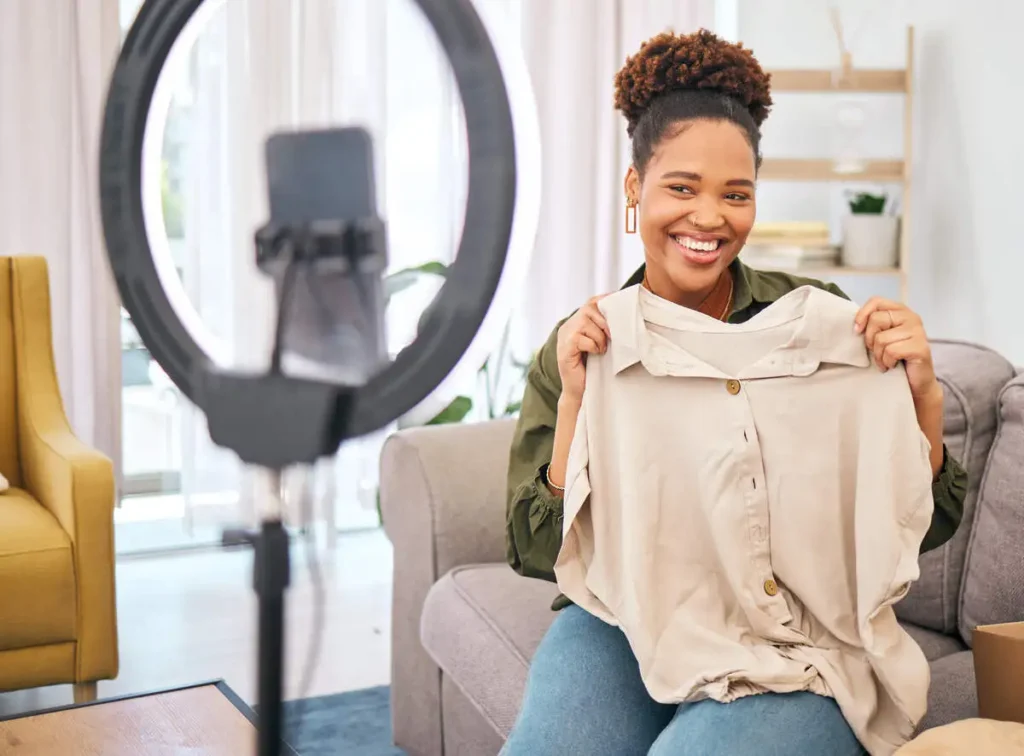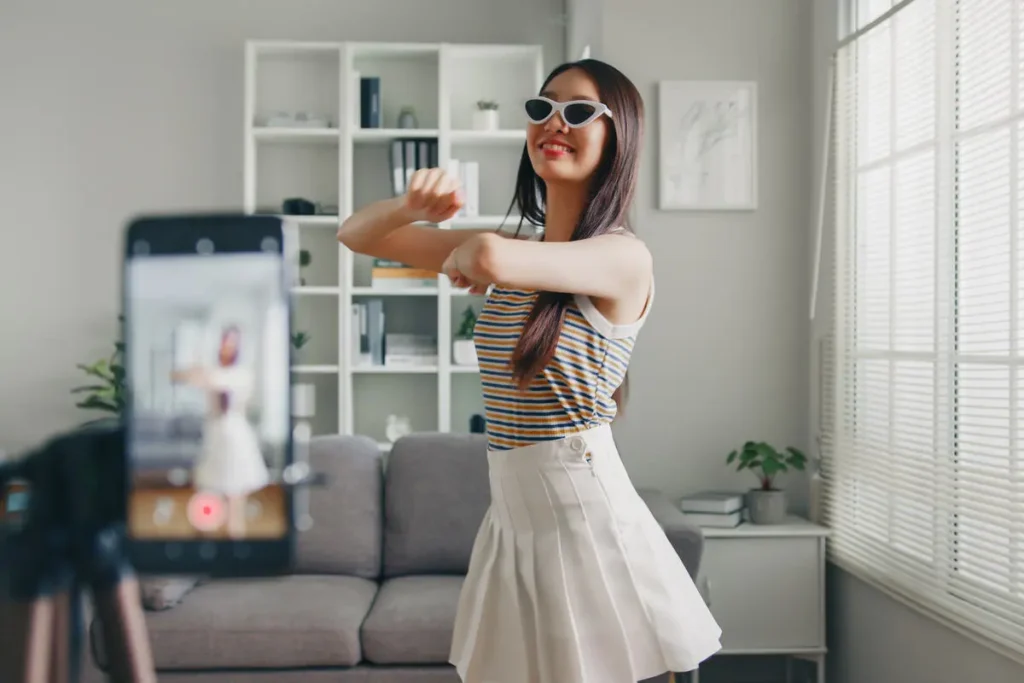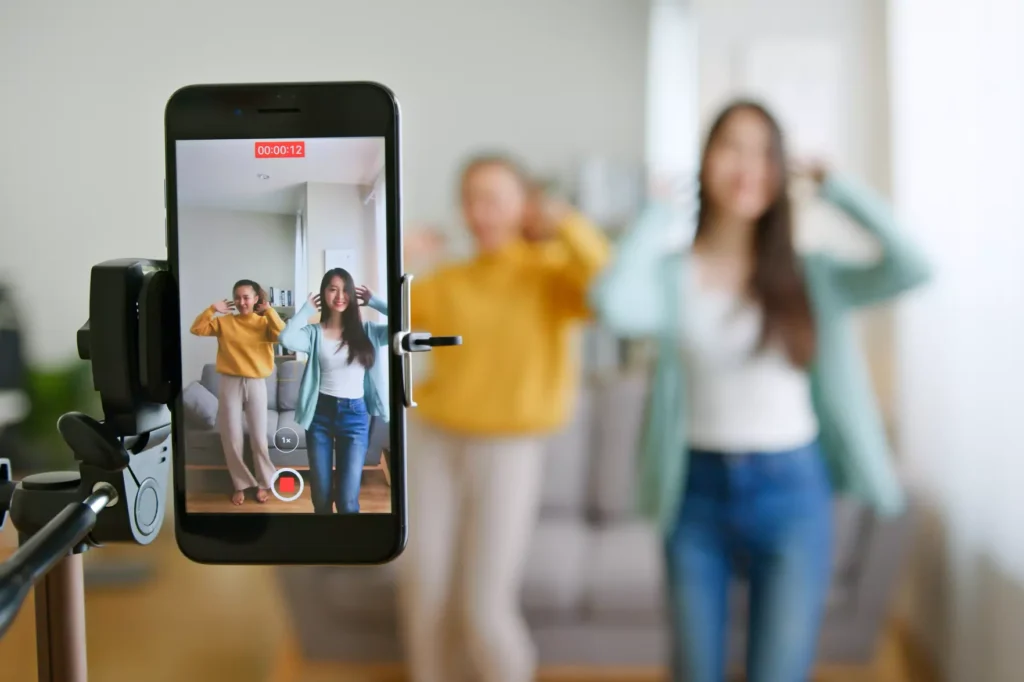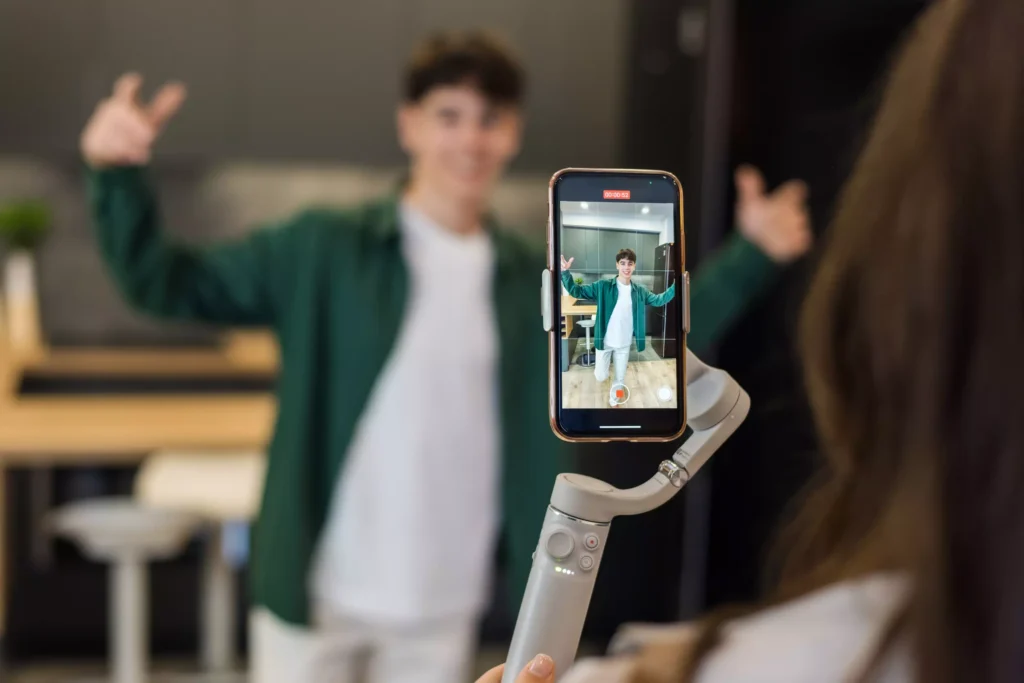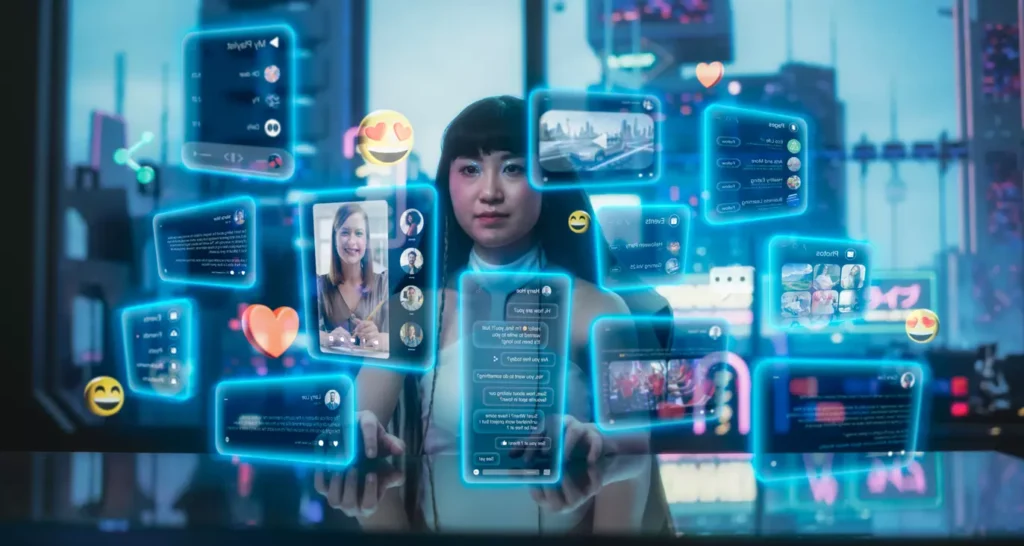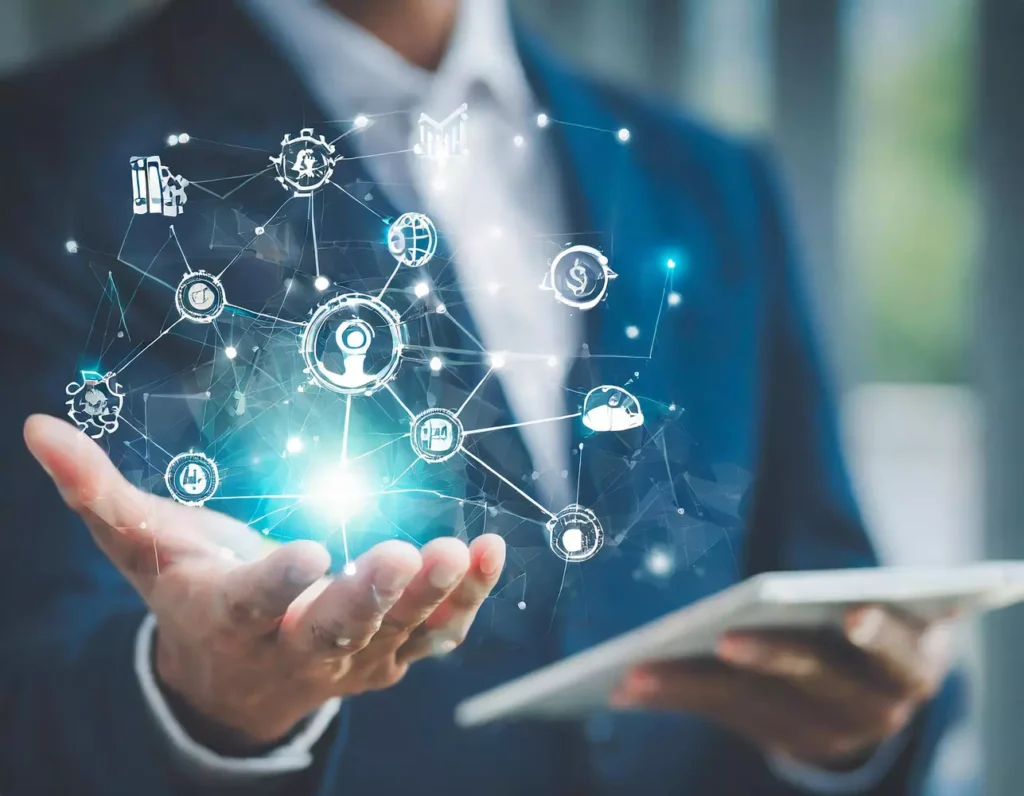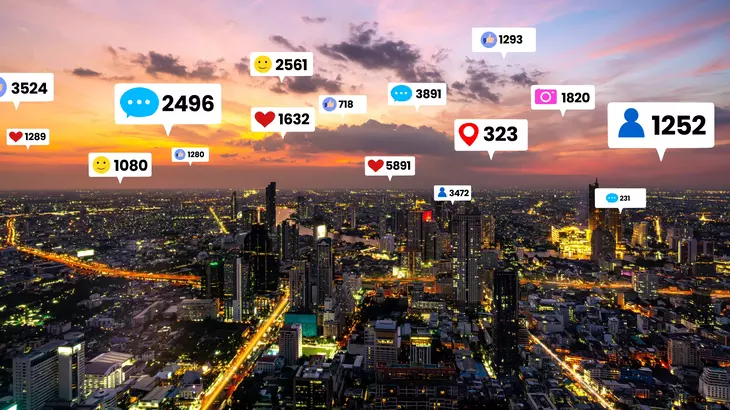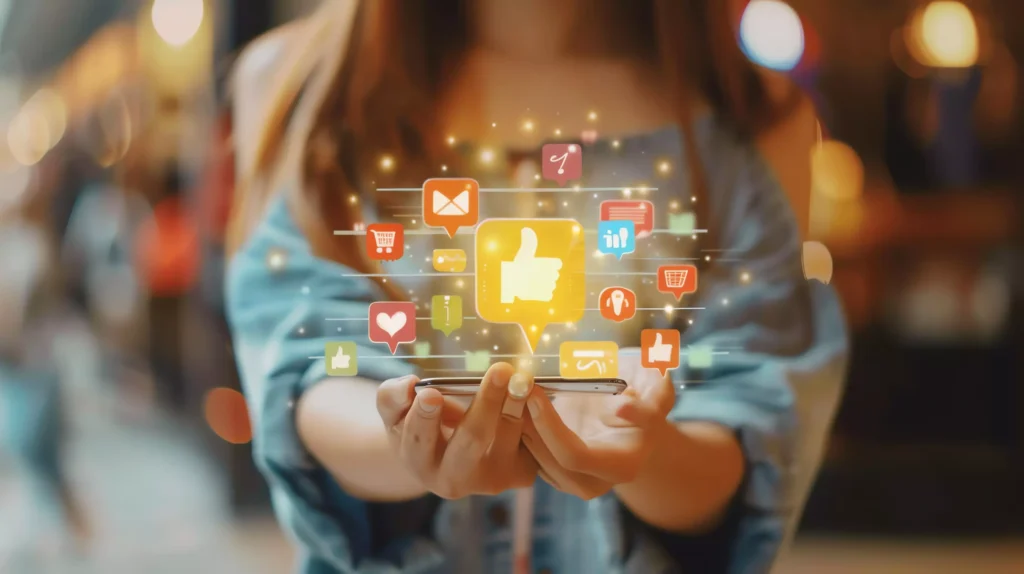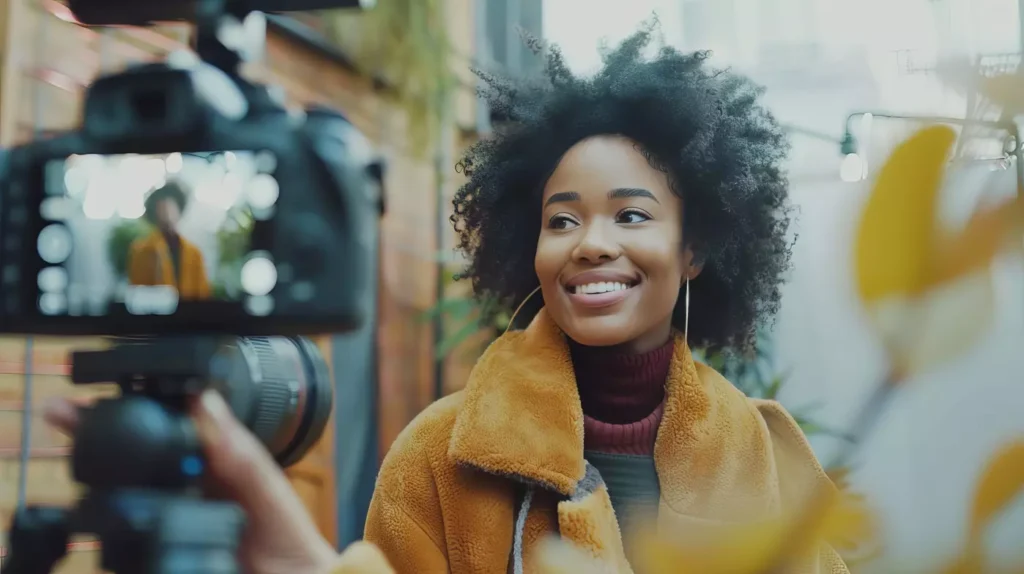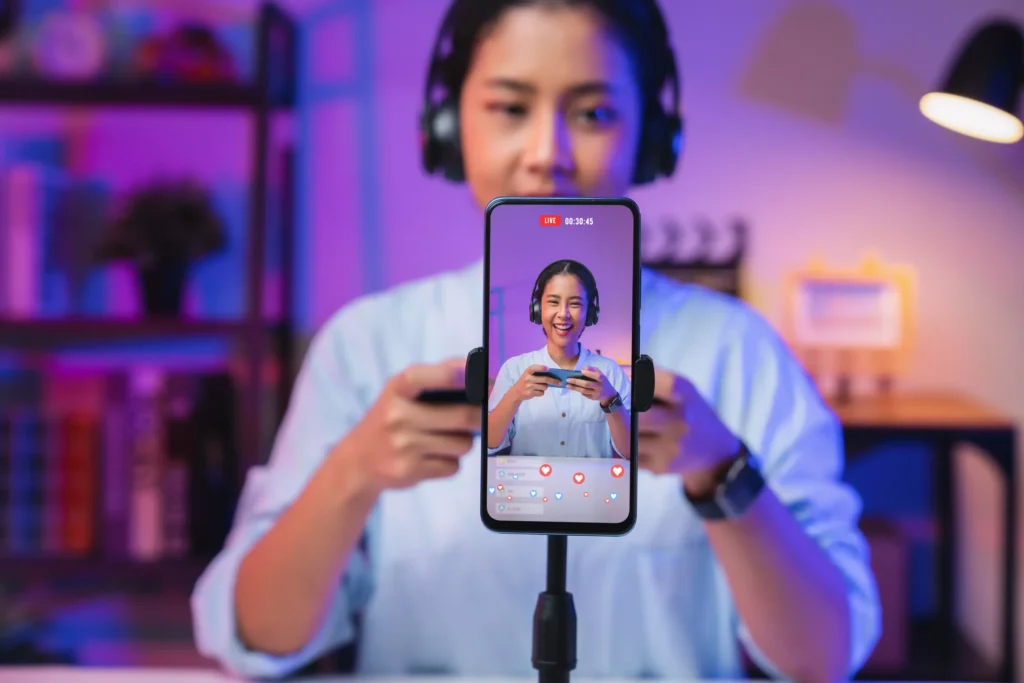The Lion's Den
What Are AI-Generated Influencers
How To Hire Content Creator

In a world increasingly driven by technology, our social media feeds are becoming home to some surprising faces—faces that aren’t real. Enter the realm of AI influencers, digital creations that captivate millions with their perfectly curated lives and engaging content. These virtual personas blend advanced artificial intelligence with creative storytelling, reshaping how brands engage with consumers. But what does this mean for traditional influencers and the marketing landscape? As we explore the rise of AI influencers, we’ll uncover what they are, how they’re created, and why they’re poised to revolutionize the way we think about content creation and brand interaction.
What Is an AI Influencer?
AI influencers are digital personas created using artificial intelligence (AI) technologies. These virtual beings are designed to mimic human behaviors, appearances, and personalities, often with astonishing realism. They are crafted using a combination of AI algorithms, machine learning, and sometimes even deepfake technologies to produce lifelike visuals and engaging content. Essentially, they are a blend of cutting-edge tech and creative storytelling and something to be on the lookout for when asking the question, “How do I hire a content creator?”.
Definition of AI Influencer
An AI influencer is a non-human, artificial entity that interacts with audiences across social media platforms just like human influencers do. These digital figures are typically managed by brands or tech companies and can generate content, interact with followers, and promote products or services. They often have unique backstories and well-defined personalities, making them relatable and engaging to their audience.
How AI Influencers Are Created
The creation of an AI influencer involves several advanced technologies. First, designers and programmers use AI and machine learning algorithms to generate realistic images and videos. Natural language processing (NLP) allows these influencers to communicate effectively, understanding and generating human-like text responses. Deep learning models are employed to ensure that the facial expressions and movements in videos appear natural and fluid. Furthermore, social media algorithms help to refine their behavior, making them more adept at gaining followers and keeping audiences engaged.
Popular Platforms for AI Influencers
AI influencers are predominantly popular on platforms like Instagram, Snapchat, and TikTok, where visual content is paramount. Instagram, for instance, is replete with AI personalities who have amassed millions of followers. By leveraging AI algorithms, these influencers can curtAIl the traditional barriers to social media stardom, such as geographical limitations and human constrAInts. This enables them to mAIntAIn a consistent online presence, producing high-quality content at a pace that would be impossible for human influencers to match.
Who is the Most Popular AI Influencer?
In the buzzing world of social media, AI influencers have stormed the digital landscape, reshaping how brands and consumers interact. When it comes to the top AI influencers, one name inevitably stands out: Lil Miquela. This digital sensation has captivated millions with her impeccably realistic personality, stunning visuals, and engaging content.
Overview of Leading AI Influencers
Lil Miquela, often referred to as the top AI influencer girl, is a virtual character created by the tech company Brud. She boasts over 3 million followers on Instagram, and her posts receive thousands of likes and comments, rivaling human influencers. Miquela’s appeal lies in her perfect blend of digital artistry and relatable storytelling. Unlike traditional influencers, she is a meticulously crafted character who advocates for progressive causes, lends her voice to social issues, and collaborates with major brands like Prada and Calvin Klein.
Example of the Most Popular AI Influencer
Examining Lil Miquela’s rise to fame, one cannot ignore her strategic entry into the fashion and music scene. Her collaboration with brands such as Samsung and her feature on Time magazine’s most influential people on the internet have cemented her status as a leading AI influencer. Additionally, she has released music tracks, further expanding her influence beyond traditional social media platforms.
Impact and Reach of Top AI Influencers
The impact of AI influencers like Lil Miquela is profound and multifaceted. These digital entities engage with global audiences and make personalized user interactions tailored to specific cultural and social contexts. Brands benefit from their consistent content quality, predictable digital behavior, and the ability to sidestep issues like influencer scandals. Lil Miquela and her peers usher in a new era of digital marketing, proving that AI influencers are not just a fleeting trend but a powerful tool to enhance brand storytelling, reach, and engagement.
In conclusion, the advent and success of AI influencers such as Lil Miquela underline a significant shift in marketing strategies, showcasing how AI-driven personas can be both influential and engaging.
What Brands Are Using AI Influencers?
In today’s dynamic digital landscape, a number of forward-thinking brands are harnessing the power of AI influencers to drive their marketing campaigns. These AI-generated personas are becoming increasingly popular, thanks to their versatility, cost-effectiveness, and the unique engagement they can generate. Let’s dive into some prominent examples and the reasons behind this strategic choice.
Examples of Brands Leveraging AI Influencers
Notable brands like Balmain, Calvin Klein, and KFC have successfully integrated AI influencers into their marketing strategies. For example, the French fashion house Balmain collaborated with the virtual model Shudu, who is known for her stunningly realistic appearance. Calvin Klein took a similar approach by featuring AI influencer Lil Miquela alongside real-life celebrities in their campaigns.
Another noteworthy mention is KFC, which introduced a virtual version of Colonel Sanders, effectively blending nostalgia with modern digital trends. These partnerships underline the creative potential and versatility of AI influencers across diverse industries.
Why Brands Choose AI Influencers
One of the primary reasons brands opt for AI influencers is their ability to offer consistency and control. Unlike human influencers, AI personas can be tailored precisely to align with brand values, ensuring that their messaging remains on point without the risk of scandals or inconsistencies.
Additionally, AI influencers provide a cost-effective solution for companies. While the initial setup may require a significant investment, the long-term maintenance costs—sans salaries, travel expenses, or logistical challenges of working with human talents—are considerably lower.
Success Stories and Case Studies
The success of AI influencers can be quantified through various metrics like engagement rates, brand visibility, and campaign ROI. For instance, when Lil Miquela teamed up with Calvin Klein, the campaign video reached millions of viewers worldwide, increasing the brand’s online presence and sparking widespread conversation.
Another case is Balmain, whose partnership with Shudu received critical acclaim within the fashion industry, bolstering the brand’s reputation as an innovator. Such case studies highlight the potential for AI influencers to generate significant buzz and deliver tangible results.
In conclusion, brands leveraging AI influencers are moving toward something transformative and exciting. As AI technology continues to advance, we can expect even more creative and impactful collaborations in the future.
What Are AI Influencers And Why Are People Concerned About Them?
In today’s digital age, the emergence of AI influencers has shaken the foundations of traditional marketing. But what exactly are AI influencers, and why do they arouse so much concern? An AI influencer is a computer-generated character designed to act across social media platforms like a human influencer. They use advanced algorithms, data analytics, and machine learning to engage with audiences, respond to comments, and even post content. Their lifelike interactions and curated personas can make them almost indistinguishable from humans, which brings up a series of ethical and social questions.
Ethical and Social Concerns
One of the primary ethical concerns surrounding AI influencers revolves around transparency. Users might not always be aware that they are interacting with a virtual persona, leading to feelings of deception. The disconnect between reality and virtual perfection can also contribute to unrealistic beauty and lifestyle standards. This artificiality might exacerbate issues related to self-esteem and mental health, especially in younger audiences who might idealize these AI-generated personas.
Public Perception of AI Influencers
Public perception of AI influencers varies greatly. Some admire their efficiency and creativity, while others view them as threats to human jobs and genuine human connections. Critics argue that the rise of AI influencers could lead to the automation of human jobs in the content creation industry, stripping away the personal touch that’s often essential in influencer marketing. Moreover, there’s the question of authenticity. Can an AI influencer truly endorse a product or lifestyle they can’t experience themselves? This skepticism can affect trust and brand loyalty.
Regulations and Guidelines
The rapid development of AI influencers has outpaced the establishment of regulations and guidelines. Policymakers and industry leaders are scrambling to put ethical frameworks in place. Discussions around transparency—such as clearly labeling AI-generated content—and accountability are ongoing. It’s crucial to strike a balance between innovation and ethical responsibility to ensure that these virtual entities enhance, rather than diminish, the marketing landscape.
It’s time to address these concerns and embrace the future of marketing with a responsible approach. Elevate your campAIgns with Lionize’s AI-powered platform. Let us help you navigate the complex terrain of AI influencers while staying committed to ethics and success. Experience seamless, worry-free influencer marketing by signing up today.
